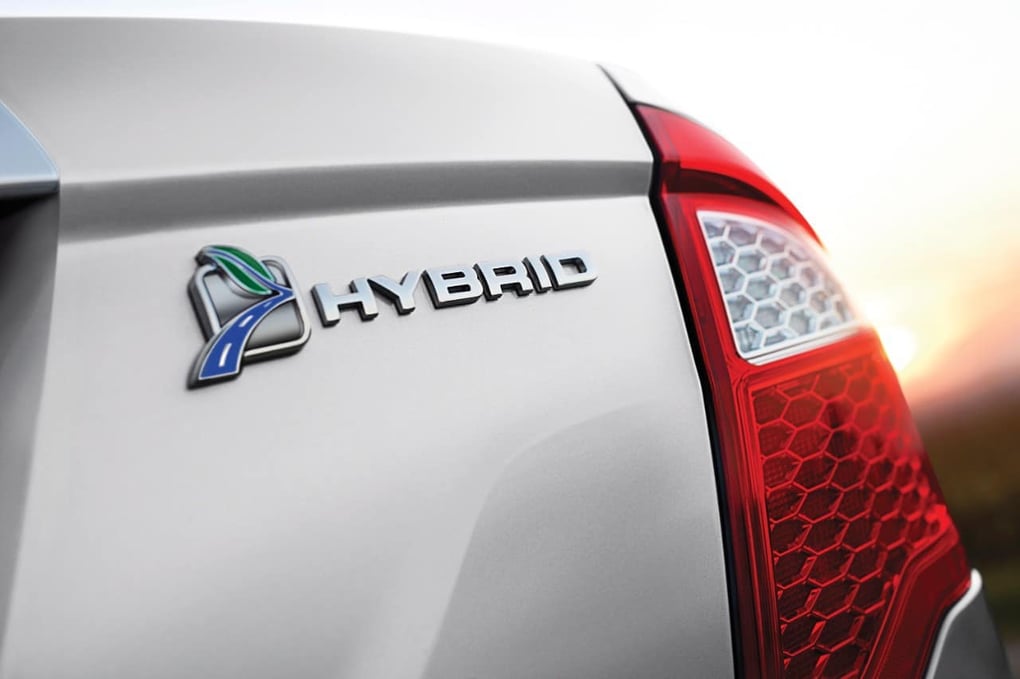$4-$5 per gallon gasoline made a lot of people think about a hybrid vehicle for the first time ever. I get calls on the radio show from people all the time considering a hybrid who really should not be.
There are two reasons people buy hybrid vehicles. Most buy them to save money at the gas pump, while others buy them because they put out fewer emissions. Either reason is valid; it is important, however, for those wanting to save gas money that they understand the basics of how gas/electric hybrids work and to make sure it is the right vehicle for you.
By definition, a hybrid vehicle is a cross between a gasoline combustion engine and a pack of batteries. The mixture of the two, for some people, is a winning combination. We know that the traditional gas engine vehicle in some cases gets poor fuel economy and emits a higher level of ground-level ozone. All-electric vehicles like Nissan Leaf use no gas at all but have limited range. Thus the creation of hybrids that meld both technologies into a fuel saving, more environmentally friendly mode of transportation.
I have driven just about every hybrid offered today. Since I drove my first Prius many years ago, the technology has gotten dramatically better in some cars, while others never quite got it right and were dropped. There are a ton of new entries in the market from Acura, Ford, BMW, GM, Honda, and many others all the way to the over $100,000 Fisker. If you truly want a hybrid, there have never been more choices. You don't have to spend a fortune either, the Honda Insight and Toyota Prius C start at around $19,000.
The best use of a hybrid is for those people who drive in the city a lot, at speeds under 50 miles per hour. That is when most hybrids are running on battery and using little to no fuel. That is why when you look at the EPA fuel-economy ratings, the city mileage is generally higher than the highway mileage, the opposite of the majority of vehicles on the road.
With a hybrid car, once you get over around 40-50 miles per hour, the gas engine kicks in and the batteries are not in use. This is why when someone asks about a hybrid I always ask if they are driving mostly city or highway.
When considering a hybrid, you also have to look at the financial equation of the decision. Let's look at the new Toyota Camry as an example, which is easy since it comes in a gas version and a hybrid version, unlike some of the others. Looking at the miles per gallon, the 4-cylinder gas version is rated at 28 miles per gallon combined city and highway driving versus the hybrid at 41 combined.
Using the average driver at 15000 miles per year, and assuming $3.50 per gallon, the savings on fuel is $50 per month, or $600 per year, certainly nothing to sneeze at. The rub is that the Camry hybrid cost $3905 more. So from a financial standpoint alone, it would take just a little over 6 and a half years to break even on the hybrid. After that amount of time, you start making money by having the hybrid.
If your primary concern is the environment, I totally understand that and it is a good reason to get a hybrid. I suspect, however, that more often than not, people buying hybrids would financially be better off with a gas engine and lower upfront cost of a vehicle. For you highway drivers, I generally suggest a diesel like the VW TDI.
If you are considering a hybrid, look at all aspects of it to make sure it is the right vehicle for your needs.
Photo Credit: Ford


.jpg?width=150&name=jerry-headshot.jpg%20(1).jpg)